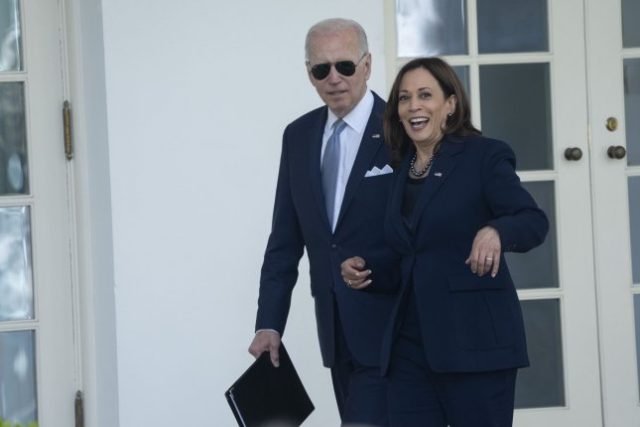April 14 (UPI) — The Biden administration Thursday released a slate of Equity Action Plans designed to advance racial equity and justice across the federal government.
The White House said in a statement that more than 90 federal agencies are releasing those plans laying out more than 300 concrete racial justice strategies to “address systemic barriers” holding underserved communities back from prosperity, dignity and equality.
According to the White House, this racial justice and equity initiative involves new strategies to “embed equity, racial justice and gender equality in day-to-day governing.”
These actions stem from a presidential executive order in January 2021 meant to advance racial equity in government.
Included in this comprehensive, multiyear strategy are actions intended to support communities the White House said have been locked out of opportunity for too long.
Those communities, according to the White House, include people of color, tribal, rural and LGBTQ+ communities as well as women and girls, people with disabilities and communities impacted by persistent poverty.
At the Department of Labor it will come in the form of strengthening enforcement of wage and hour laws and a new initiative to address barriers that workers of color face in equitably accessing unemployment insurance benefits.
The Department of Housing and Urban Development is working to eliminate the racial gap in home ownership while reducing bias in home appraisals.
For the Environmental Protection Agency the White House said it will mean developing a comprehensive framework for evaluating the cumulative impacts of pollution on low-income communities.
The EPA will also reinvigorate civil rights enforcement.
The Department of Commerce role in advancing racial equity across the federal government will include investing nearly $50 billion in broadband infrastructure to help close the digital divide, particularly for rural and tribal communities.

COMMENTS
Please let us know if you're having issues with commenting.